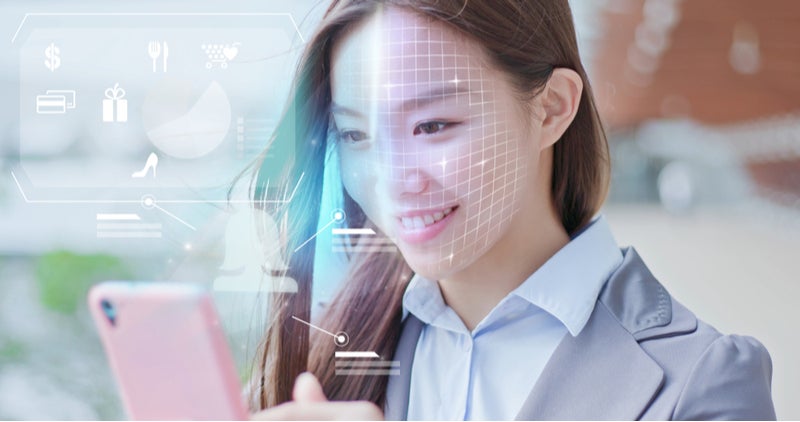It was recently reported that mobile phone users in China must now have their faces scanned when registering for new mobile phone services.
The government argues that the requirement, which came into force on 1 December, will limit fraud and protect citizens’ rights online but critics believe the move marks an erosion of personal privacy and a further step towards state surveillance.
The Chinese government has pushed for real-name registration for phones, linking ID cards with new phone users, since 2013. The shift to facial recognition might appear drastic, but the technology has been aggressively rolled out across the country over the past five years, ostensibly to strengthen security and enhance consumer convenience. Facial recognition has seeped into a multitude of everyday scenarios in China as a result of its use in airports, subways, restaurants and retail shops.
Opposition to the country’s use of face-tracking technology is growing. In November, a Chinese associate law professor filed a claim against Hangzhou Safari Park’s decision to make facial recognition registration mandatory for entry – the first lawsuit challenging the use of the technology in China.
The park stated that the technology was implemented to improve efficiency, but withdrew the demand that visitors submit to facial recognition. Instead, the previous fingerprint scanning system has been reinstated as an option. The lawsuit has provoked questions over the ethics of such extensive data collection and surveillance.
The widespread use of facial recognition might seem dystopian, but it is not limited to China. Devices armed with the technology are readily available online, with companies such as Facewatch giving business owners the ability to identify potential shoplifters. Several countries, including the UK and Sweden, are conducting trials of the technology in public areas in an attempt to limit crime.
How well do you really know your competitors?
Access the most comprehensive Company Profiles on the market, powered by GlobalData. Save hours of research. Gain competitive edge.

Thank you!
Your download email will arrive shortly
Not ready to buy yet? Download a free sample
We are confident about the unique quality of our Company Profiles. However, we want you to make the most beneficial decision for your business, so we offer a free sample that you can download by submitting the below form
By GlobalDataOpposition to the technology is not only due to its infringement of personal privacy. Some observers are concerned that bias may result from certain social inequalities being reinforced. Dr Timnit Gebru, the technical co-lead of Google’s Ethical Artificial Intelligence Team, has shown that facial recognition has difficulty differentiating between individuals with darker skin.
These flaws and inaccuracies are primarily caused by the data used to train the systems and could have serious consequences. The use of facial recognition technology risks perpetuating a system whereby certain individuals are at greater risk of wrongful arrest and discrimination.
In the US, these concerns led to San Francisco city authority banning the use of the technology, deeming it a threat to civil liberties. Other cities have followed suit. In the UK, the use of the technology by the police is being challenged in court and politicians have called for trials to cease until appropriate regulations are put in place.
So, while the regulation of the technology is lacking globally, in China the gulf between its application and regulation is particularly noticeable. In particular, concerns have been exacerbated by the role played by facial recognition in the oppression of Uighur Muslims in China’s Xinjiang region.
Similarly, the Hong Kong government has faced criticism after trying to invoke emergency powers to ban demonstrators from wearing face masks. The face is quickly becoming politicised as anonymity is, increasingly, a privilege.
The roll-out of the technology, whether justified by efficiency or security, will only increase. While a global debate rages on the ethics of the technology’s use, facial recognition is increasingly sophisticated, leaving lawmakers struggling to keep up.
Related report








